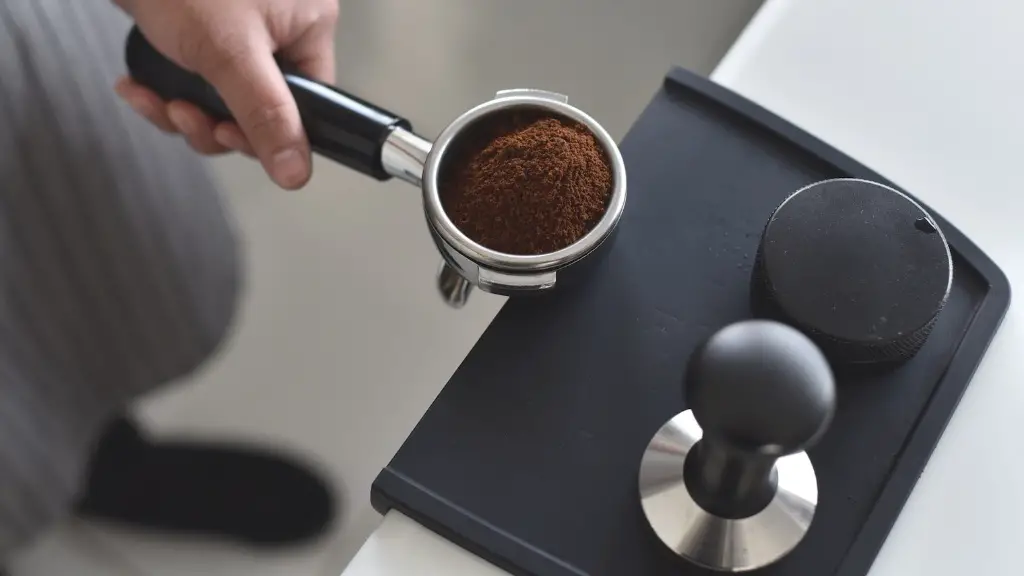Health Effects of Drinking Coffee with Levothyroxine
Coffee and Levothyroxine are two substances that many people use daily. Both substances have different effects on the body, which can affect each other if they are taken together. In this article, we will be taking a look at the health effects of drinking coffee with levothyroxine, as well as discussing how to safely combine these two substances.
What is Levothyroxine?
Levothyroxine is a synthetic hormone used to treat a condition called hypothyroidism. Hypothyroidism occurs when the thyroid gland does not produce enough of the hormone thyroxine. Symptoms of hypothyroidism can include fatigue, weight gain, depression, and dry skin. Levothyroxine works to replace the hormones that the thyroid isn’t producing and can help alleviate many of these symptoms.
What are the Health Risks of Drinking Coffee with Levothyroxine?
Coffee and levothyroxine can interact with each other in several ways. The main concern is that caffeine can interfere with the absorption of levothyroxine, which can reduce its effectiveness. In addition, coffee can also cause an increase in blood pressure, which is not recommended for people taking levothyroxine.
Experts suggest that it is best to avoid coffee or keep the amount of coffee consumed to a minimum when taking levothyroxine. In any case, it is important to discuss with a doctor before making any changes to a daily routine.
Can I Drink Coffee After Taking Levothyroxine?
It is best to wait to have coffee after taking levothyroxine. This allows the hormones to be fully absorbed before consuming caffeine. One study found that it is best to wait at least an hour after taking levothyroxine and taking coffee.
In any case, it is important to talk to a doctor first. Factors such as weight, age, and current medications all have an effect on how the body processes levothyroxine, and can determine how long to wait after taking levothyroxine to drink coffee.
Alternatives to Coffee When Taking Levothyroxine
It is possible to still get that energy boost sans caffeine when taking levothyroxine. Alternatives to coffee include herbal tea, green tea, decaf coffee and yerba mate. These teas offers energy boosting benefits and can help to kick start the day.
In addition to beverages, some foods can offer a pick me up. These include oats, quinoa, and fruits. Fruits contain natural sugars that give an energy boost, and quinoa is high in protein and fiber, which also helps to energize.
Effects of Too Much Caffeine on the Body
Caffeine has several effects on the body, and can even have adverse effects if too much is consumed. Caffeine can cause increased heart rate and increased blood pressure, both of which can be dangerous if taken with levothyroxine. In addition, too much caffeine can cause irritability, insomnia, and a disrupted digestive system.
Caffeine also affects the body in other ways; for example, it can cause dehydration, increase anxiety levels and affect the hormones, which can all be exacerbated by taking levothyroxine.
Photo by Formigao from Pexels
Effects of Long-Term Caffeine Consumption on the Body
Long-term consumption of caffeine can have an even greater impact on the body. Caffeine is a stimulant and when taken for long periods of time, the body can become reliant on it, causing it to no longer be as effective as it once was. This can lead to a decreased ability to focus, decreased alertness, and decreased productivity.
In addition, long-term consumption of caffeine is also linked to an increased risk of developing certain diseases, such as hypertension, diabetes, and cardiovascular disease. It is important to note that these risks can be higher when taking levothyroxine, as the hormones it replaces are important for overall cardiovascular health.
Specific Effects of Caffeine on Taking Levothyroxine Users
The effects of caffeine on those who take levothyroxine can vary depending on a number of factors. For example, how much coffee is consumed, how long it has been since the last dose of levothyroxine was taken, as well as the individual’s metabolism, weight, and age.
Given that caffeine can affect how levothyroxine is absorbed, it is important for those taking levothyroxine to discuss their caffeine intake with their doctor. This can help to ensure that their coffee consumption does not interfere with their medication.
Treating the Side Effects of Levothyroxine
Many of the side effects of levothyroxine, such as fatigue and weight gain, are similar to the effects of excessive caffeine intake. Therefore, it is important to take precautions when combining these two substances, as the potential side effects can be more severe when taken together.
Additionally, there are steps that can be taken to help minimize the side effects of levothyroxine. This can include taking probiotics, increasing the intake of certain vitamins and minerals, being mindful of stress levels, and getting adequate rest.
How To Reduce the Potential Risks of Taking Levothyroxine With Caffeine
When taken together, coffee and levothyroxine have the potential to have serious side effects, which can be further complicated by other medications or underlying health conditions.
To minimise these risks, it is important to discuss coffee intake with a doctor before combining the two. If it is deemed safe to do so, it is important to limit caffeine intake, wait an hour before drinking coffee after taking levothyroxine, and choose alternatives to coffee when possible. Following these steps can help to ensure that coffee and levothyroxine are combined safely.


